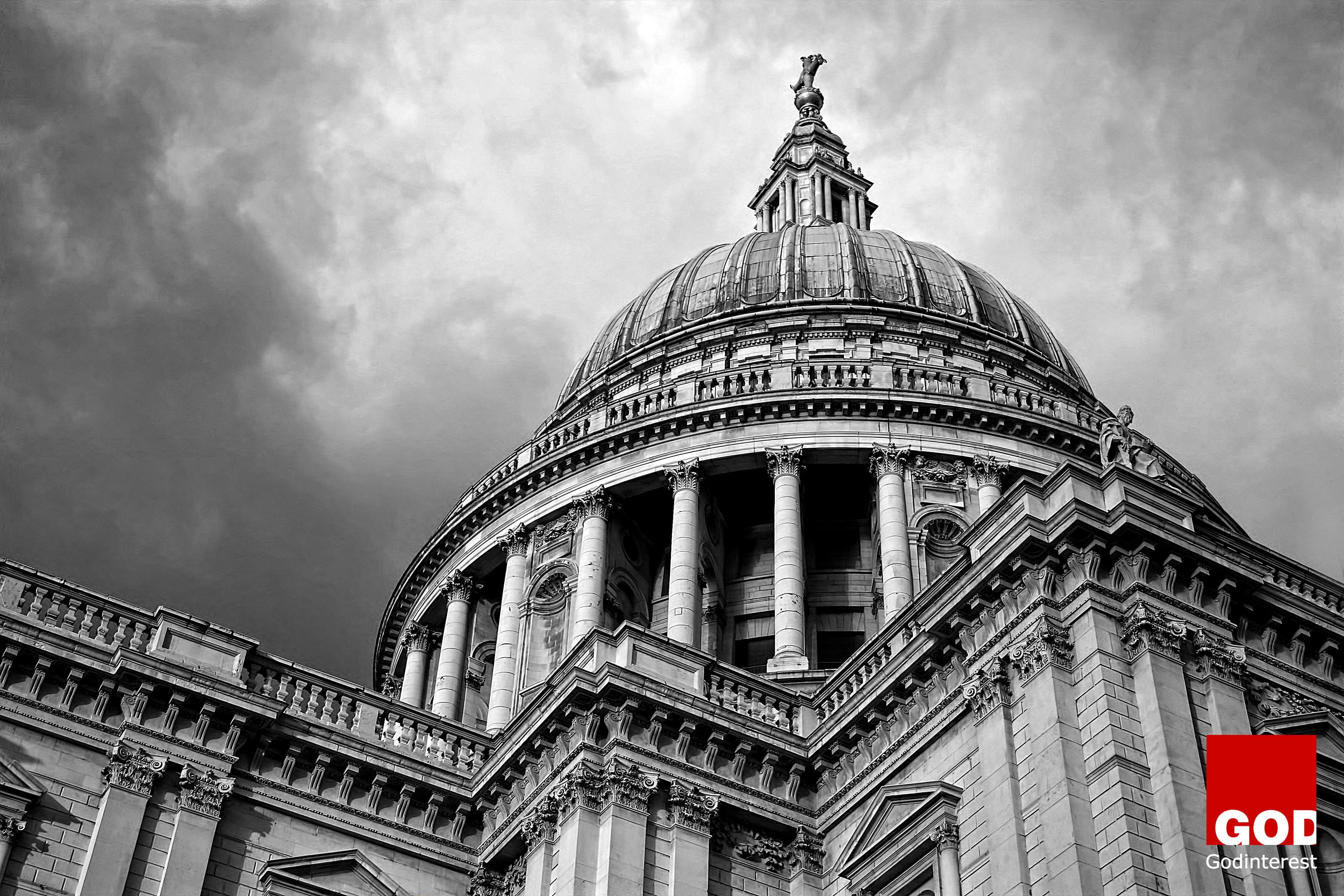LONDON — A prominent Anglican cleric and gay rights campaigner Reverend Kelvin Holdsworth said that people should pray for Prince George age 4, be gay to help the Church of England recognize same-sex marriage. But his comments about the four-year-old, who is third in line to the throne, have been described as “unkind” and “destructive”.
The backlash comes after an article on LGBT website Pink News suggesting the young prince was a ‘gay icon’ was branded ‘sick’ earlier this year.
Mr Holdsworth aged 51, provost of St Mary’s Cathedral in Glasgow, which voted to allow gay couples to marry earlier this year became the focus of controversy on Friday after reports he believed Christians should pray for Prince George to be gay. In his blog post, he urged people to pray for him “to be blessed one day with the love of a fine young gentleman” as it would help the Church of England become more inclusive.” A royal wedding might sort things out remarkably easily though we might have to wait 25 years for that to happen,” he wrote. “Who knows whether that might be sooner than things might work out by other means?”
Gavin Ashenden, a former Christian chaplain to the Queen and Episcopal Church bishop, told the BBC:
“To use prayer as a mechanism for wishing this on Prince George is an unkind and destructive thing to do.” “It doesn’t have the prince’s best interests at heart, but uses him as a gender-political football to please 1.7% of the population.”
He further stated,
“What is especially odd and incongruous is the fact that it is suddenly OK to pray for someone to be gay, but totally unacceptable to pray for them to be free from being gay and to resume a sexuality that was in tune with their biology. “This seems not only contradictory but hypocritical.”
While same-sex marriage is permitted by law in most of Britain, the Church of England says on its website, “it remains the case that it is not legally possible for same-sex couples to marry” in its churches.
Mr Holdsworth told the BBC he first wrote the blog post over a year ago but it gained traction after he tweeted it again following the news of Prince Harry and Meghan Markle’s recent engagement.
In his clarification, published on Thursday Mr Holdsworth said it had not been his intention to cause hurt, and expressed regret that the post had led to a focus on the young Prince.
Media Headlines
Gay prayer for Prince George remarks ‘unkind and destructive’ – BBC News
“Anglican Minister Urges Prayers for Prince George to Be Gay.” – New York Times
“I was very disappointed that he was prepared to bring a child in to this same-sex marriage debate” – Susie Leafe, the director of the conservative evangelical group Reform.
“The comments made by Provost Holdsworth were made on his personal blog.” – Rt Rev Dr Gregor Duncan, Bishop of Glasgow and Galloway.
“Pray for Prince George to be gay, says LGBT campaigner priest.” – The Express
“Pray Prince George is gay says leading clergyman as it would force the church to be more inclusive.” – The Daily Mail
“Anglican minister sparks outrage by urging prayers for Prince George to be gay.” – The Christian Post
“It was a ‘cynical, secular, and sinister in its approach to spiritual matters.” – Lee Gatiss, director of the Church Society, a conservative Christian body
“Anglican minister clarifies ‘un-Christian’ remarks over Prince George.” – Sky News
His suggestion was widely reported in the British media on Friday, though the blog on which he made it was inaccessible Friday morning.
LGBT inclusion remains a divisive topic in the Anglican Church which commits to uphold “marriage between a man and a woman” and, as a global communion, does not allow gay marriage.
There has been no immediate comment from the royal family.




